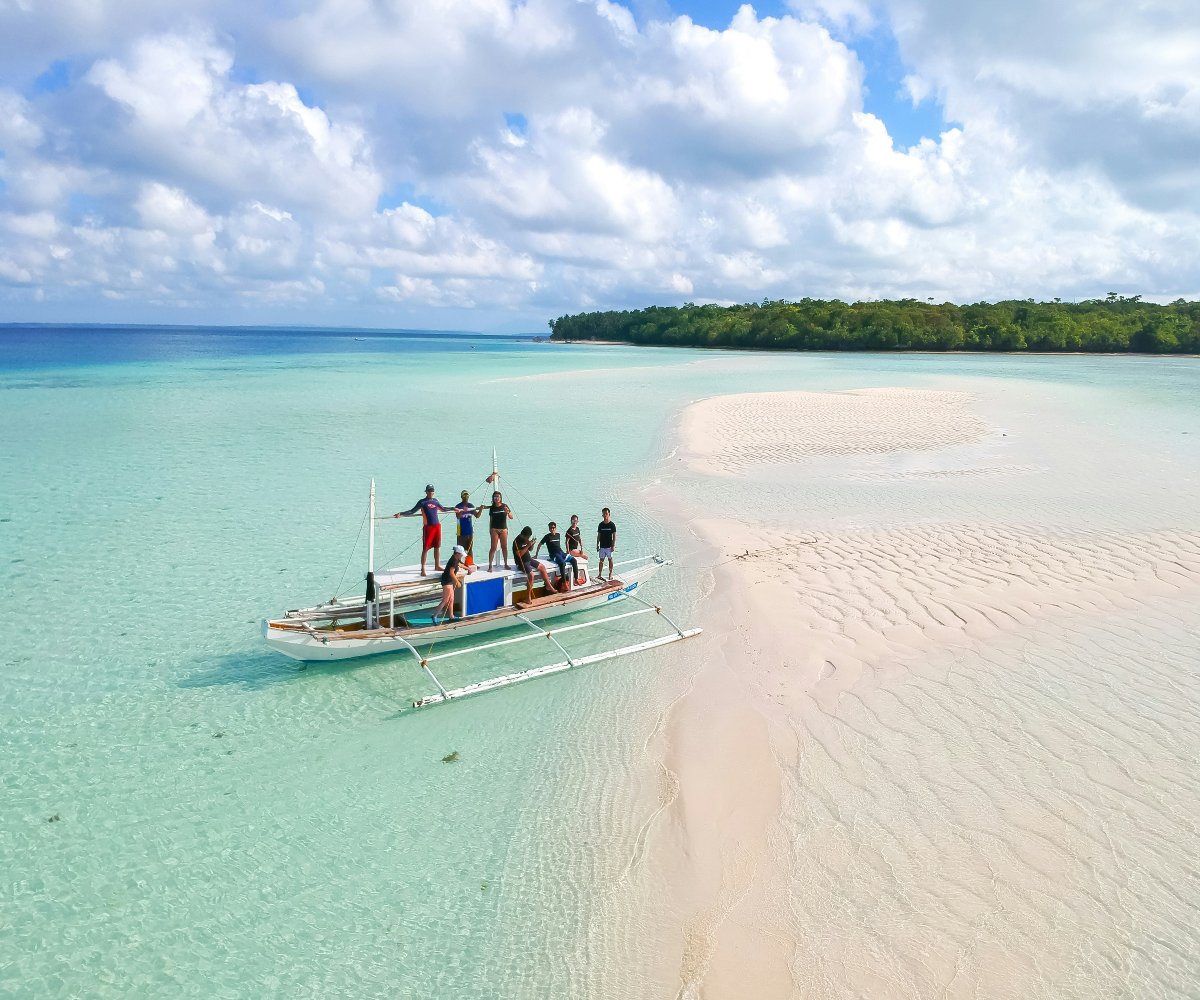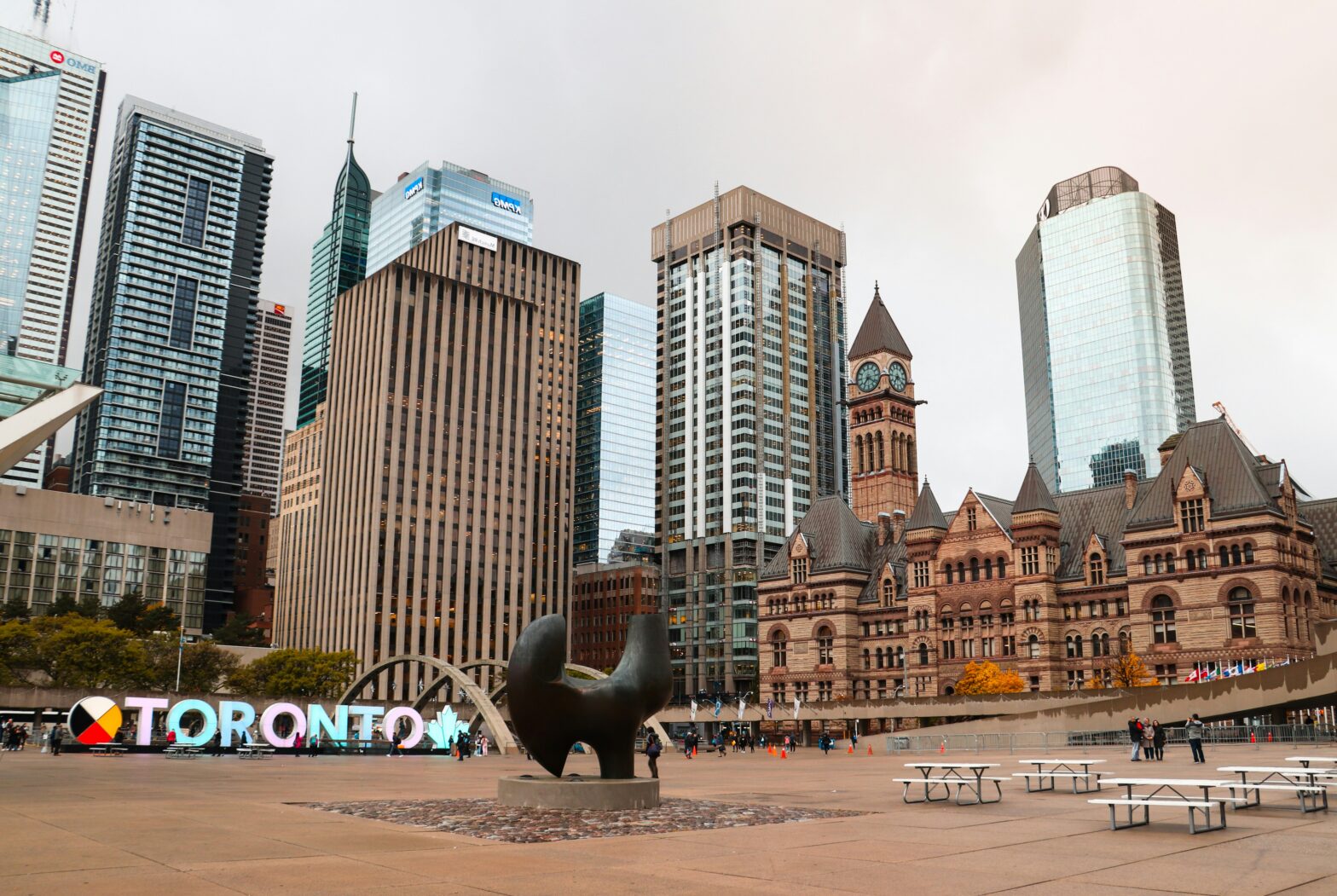The Philippines has officially joined the growing list of countries welcoming digital nomads with open arms. President Ferdinand Marcos Jr. recently signed an Executive Order establishing a legal framework for a Digital Nomad Visa program. This initiative aims to attract foreign remote workers to experience the country’s beauty while boosting the local economy. The program will allow eligible foreign nationals to live and work remotely from the Philippines for up to one year, with the possibility of renewal for an additional year.
Applications will begin within 60 days of April 24, 2025, the date the Executive Order took effect. This move comes as the Philippines looks to bolster its tourism industry. Last year, the country welcomed approximately 5.6 million international tourists, falling short of its 7.7 million target. Philippine Tourism Secretary Christina Frasco expressed enthusiasm about the program. “With our unparalleled natural beauty, vibrant culture, and the warmth of the Filipino people, the Philippines stands ready to welcome digital nomads to travel, work, and thrive across our islands,” Frasco told the Philippines News Agency.
Eligibility Requirements For The Philippines Digital Nomad Visa
To qualify for the new visa, applicants must meet several key requirements. Prospective digital nomads need to provide proof of remote work using digital technologies. They should also demonstrate sufficient income generated outside the Philippines. Other essential requirements include possession of a valid passport, comprehensive health insurance coverage valid in the Philippines throughout their stay, and a clean criminal record.
Additionally, applicants must be nationals of countries that offer similar digital nomad visa privileges to Filipinos and where the Philippines maintains a Foreign Service Post. The Philippines offers compelling advantages for remote workers looking for an ideal destination. English is widely recognized as a second language in the Philippines, with most Filipino adults able to speak and understand it. This eliminates potential language barriers.
The country also boasts a relatively low cost of living, even in urban areas. This makes it an attractive option for budget-conscious digital nomads. With approximately 90% internet penetration across the country and easy access to stunning beaches, remote workers can enjoy a productive and balanced lifestyle.





